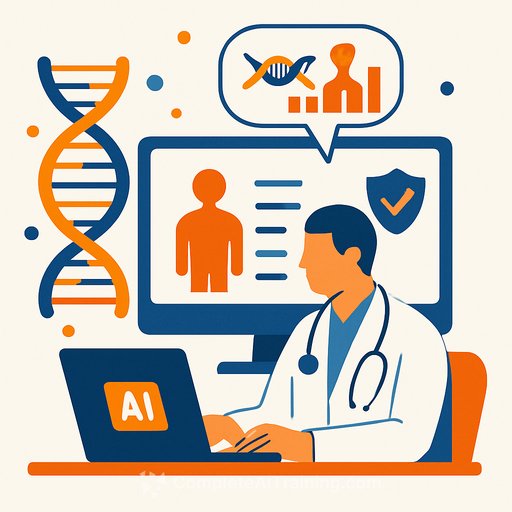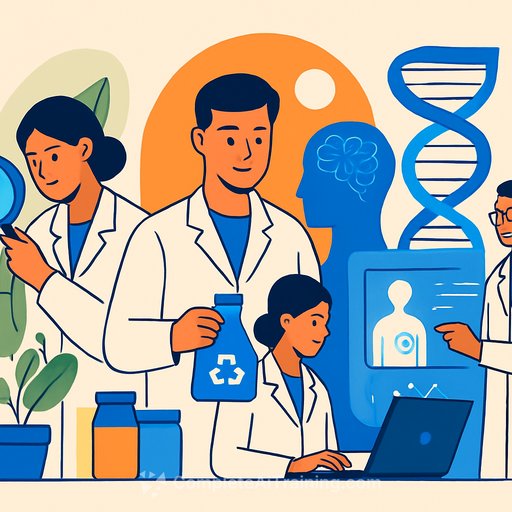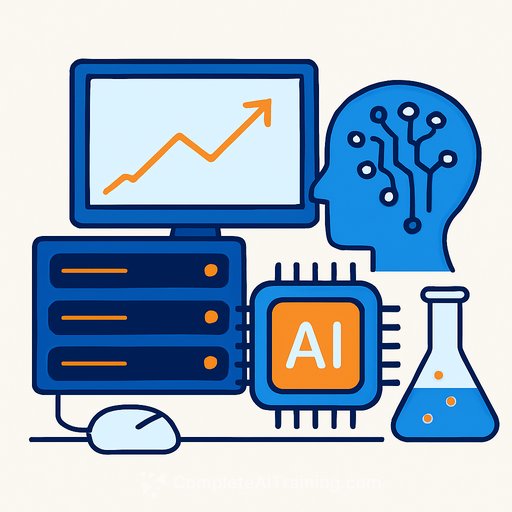New AI Tool Enhances Prediction of Genetic Risk for Hereditary Diseases
A recent innovation from US researchers introduces an AI-driven model that improves the ability to predict whether rare genetic mutations will lead to disease. This advancement aims to accelerate early detection and reduce unnecessary medical interventions.
Genetic testing identifies variants in DNA, but many of these changes have little or no effect on health. Moreover, a single genetic variant rarely tells the full story since multiple genes, their interactions, and environmental factors collectively influence disease risk, including conditions like heart disease and cancer.
Leveraging AI and Electronic Health Records
The research team based in New York developed an AI tool that incorporates electronic medical records containing comprehensive patient health histories. This approach enables a more precise prediction of disease likelihood based on genetic risk.
Ron Do, a professor of personalised medicine at the Icahn School of Medicine at Mount Sinai and co-author of the study, explained the motivation behind the project: “We wanted to move beyond black-and-white answers that often leave patients and providers uncertain about what a genetic test result actually means.”
By integrating artificial intelligence with real-world lab data—such as cholesterol levels and blood counts routinely found in medical records—the tool better estimates individual disease risk for specific genetic variants.
Model Development and Application
The team used over one million electronic health records to train AI models for 10 inherited diseases, including breast cancer and polycystic kidney disease (PKD). These models assigned a risk score between 0 and 1 to patients carrying rare genetic variants, indicating their probability of developing the associated disease.
The results, published in Science, provided risk scores for more than 1,600 genetic variants. The AI model clarified the health implications of certain variants previously categorized as “uncertain,” connecting them to specific diseases.
Clinical Implications and Future Directions
Dr Iain Forrest, lead author working in Do’s lab, emphasized that the AI model is intended to support rather than replace clinical judgment. The risk scores can guide physicians on whether to recommend additional screenings, preventive measures, or to avoid unnecessary interventions for low-risk variants.
The researchers are expanding the model to cover more diseases, include additional genetic variants, and encompass a more diverse patient population. This development points toward an integrated system where AI and routine clinical data combine to deliver actionable insights for interpreting genetic test results.
- Improves clarity on genetic test outcomes
- Supports personalized patient care
- Reduces unnecessary treatments
- Utilizes large-scale electronic health records
For professionals interested in AI applications in healthcare and genetics, exploring courses on artificial intelligence can provide valuable skills. Visit Complete AI Training for up-to-date offerings.
Your membership also unlocks:





